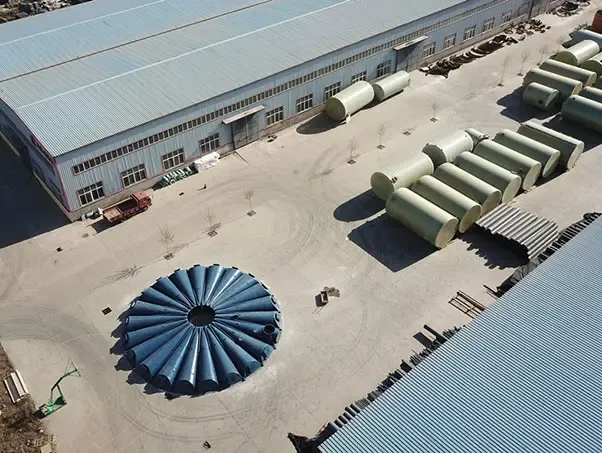
-
 Afrikaans
Afrikaans -
 Albanian
Albanian -
 Amharic
Amharic -
 Arabic
Arabic -
 Armenian
Armenian -
 Azerbaijani
Azerbaijani -
 Basque
Basque -
 Belarusian
Belarusian -
 Bengali
Bengali -
 Bosnian
Bosnian -
 Bulgarian
Bulgarian -
 Catalan
Catalan -
 Cebuano
Cebuano -
 China
China -
 China (Taiwan)
China (Taiwan) -
 Corsican
Corsican -
 Croatian
Croatian -
 Czech
Czech -
 Danish
Danish -
 Dutch
Dutch -
 English
English -
 Esperanto
Esperanto -
 Estonian
Estonian -
 Finnish
Finnish -
 French
French -
 Frisian
Frisian -
 Galician
Galician -
 Georgian
Georgian -
 German
German -
 Greek
Greek -
 Gujarati
Gujarati -
 Haitian Creole
Haitian Creole -
 hausa
hausa -
 hawaiian
hawaiian -
 Hebrew
Hebrew -
 Hindi
Hindi -
 Miao
Miao -
 Hungarian
Hungarian -
 Icelandic
Icelandic -
 igbo
igbo -
 Indonesian
Indonesian -
 irish
irish -
 Italian
Italian -
 Japanese
Japanese -
 Javanese
Javanese -
 Kannada
Kannada -
 kazakh
kazakh -
 Khmer
Khmer -
 Rwandese
Rwandese -
 Korean
Korean -
 Kurdish
Kurdish -
 Kyrgyz
Kyrgyz -
 Lao
Lao -
 Latin
Latin -
 Latvian
Latvian -
 Lithuanian
Lithuanian -
 Luxembourgish
Luxembourgish -
 Macedonian
Macedonian -
 Malgashi
Malgashi -
 Malay
Malay -
 Malayalam
Malayalam -
 Maltese
Maltese -
 Maori
Maori -
 Marathi
Marathi -
 Mongolian
Mongolian -
 Myanmar
Myanmar -
 Nepali
Nepali -
 Norwegian
Norwegian -
 Norwegian
Norwegian -
 Occitan
Occitan -
 Pashto
Pashto -
 Persian
Persian -
 Polish
Polish -
 Portuguese
Portuguese -
 Punjabi
Punjabi -
 Romanian
Romanian -
 Russian
Russian -
 Samoan
Samoan -
 Scottish Gaelic
Scottish Gaelic -
 Serbian
Serbian -
 Sesotho
Sesotho -
 Shona
Shona -
 Sindhi
Sindhi -
 Sinhala
Sinhala -
 Slovak
Slovak -
 Slovenian
Slovenian -
 Somali
Somali -
 Spanish
Spanish -
 Sundanese
Sundanese -
 Swahili
Swahili -
 Swedish
Swedish -
 Tagalog
Tagalog -
 Tajik
Tajik -
 Tamil
Tamil -
 Tatar
Tatar -
 Telugu
Telugu -
 Thai
Thai -
 Turkish
Turkish -
 Turkmen
Turkmen -
 Ukrainian
Ukrainian -
 Urdu
Urdu -
 Uighur
Uighur -
 Uzbek
Uzbek -
 Vietnamese
Vietnamese -
 Welsh
Welsh -
 Bantu
Bantu -
 Yiddish
Yiddish -
 Yoruba
Yoruba -
 Zulu
Zulu
Innovative Designs for Fiber-Reinforced Water Storage Tanks for Enhanced Durability and Efficiency
The Importance of Fiber Water Tanks in Modern Water Supply Systems
In recent years, the demand for innovative solutions in water storage has led to the development of fiber water tanks. These tanks, constructed from a composite material that includes fibers for enhanced strength and durability, are becoming increasingly popular in both residential and industrial applications. Their unique properties and significant advantages contribute to their growing acceptance in modern water supply systems.
One of the primary benefits of fiber water tanks is their exceptional strength-to-weight ratio. Unlike traditional water storage solutions, such as concrete or metal tanks, fiber tanks are lightweight yet incredibly robust. This makes them easier to transport and install, reducing labor costs and time associated with setup. Furthermore, the durability of fiber materials ensures they can withstand harsh environmental conditions, including extreme weather and corrosion, extending the lifespan of the water storage system.
Another significant advantage is the flexibility in design that fiber water tanks offer. These tanks can be molded into various shapes and sizes, catering to the specific needs of different applications. Whether for residential use, agricultural irrigation, or industrial processes, fiber water tanks can be customized to fit the space and capacity requirements of the user. This versatility eliminates the need for oversized or undersized tanks, promoting efficiency in water management.
fiber water tank

Additionally, fiber water tanks are highly resistant to chemical leaching, ensuring that the water stored within remains free from contamination. This is particularly crucial in agricultural settings, where water quality directly affects crop yield and safety. The integrity of stored water is paramount, and fiber tanks provide reassurance that contaminants will not compromise the water supply.
Maintenance is another area where fiber water tanks excel. Their non-corrosive nature means that they require less upkeep compared to traditional materials that may rust or degrade over time. This not only saves money in repair and maintenance costs but also ensures that the tanks remain operational for longer periods without the need for replacement.
In conclusion, fiber water tanks represent a significant advancement in water storage technology. Their lightweight yet durable construction, design flexibility, resistance to contamination, and low maintenance requirements make them an ideal choice for a variety of applications. As industries and communities continue to seek more efficient and sustainable solutions for water management, fiber water tanks will undoubtedly play a pivotal role in shaping the future of water supply systems.









